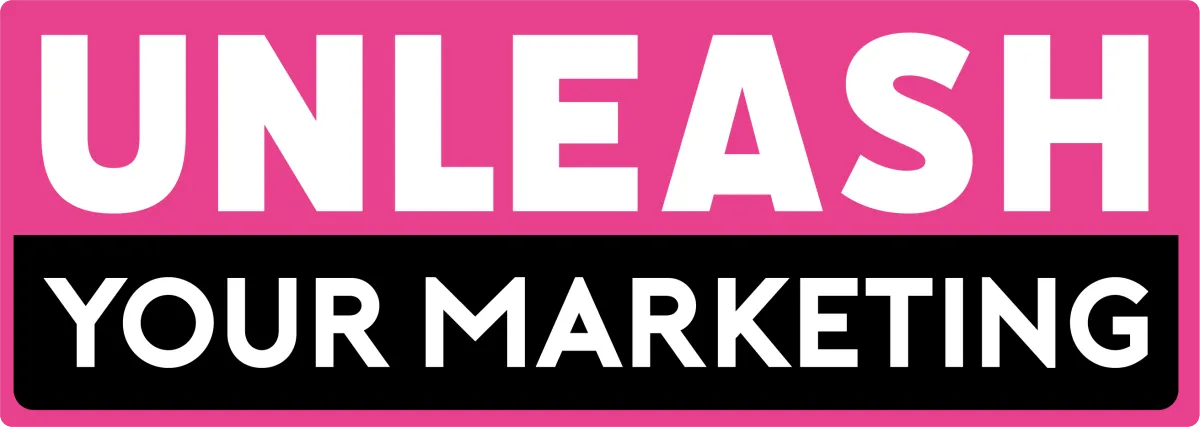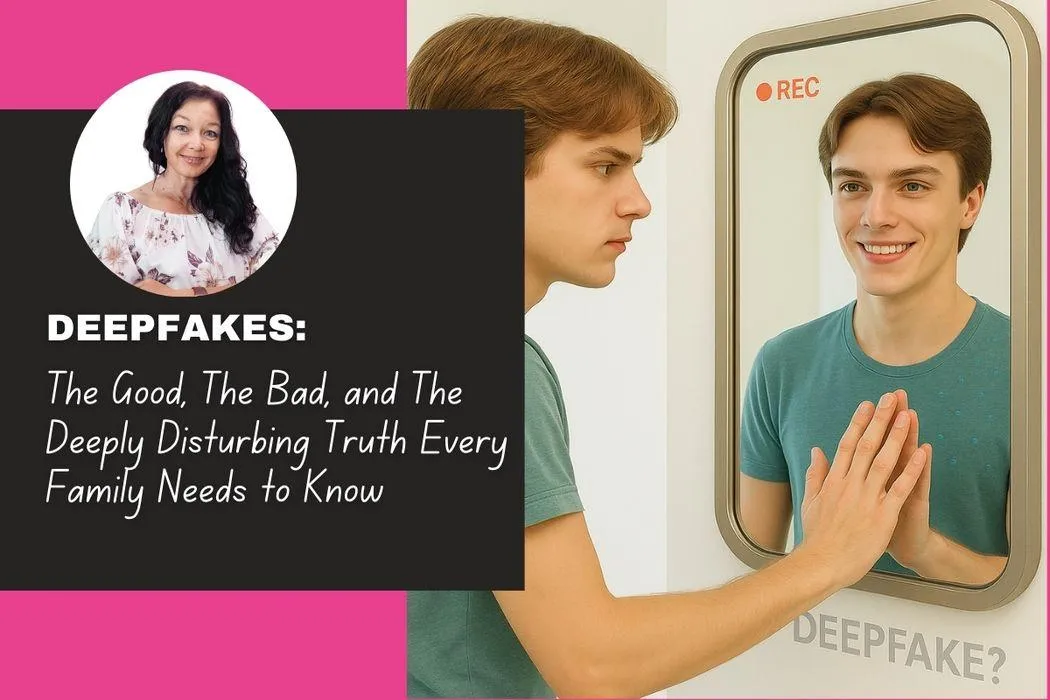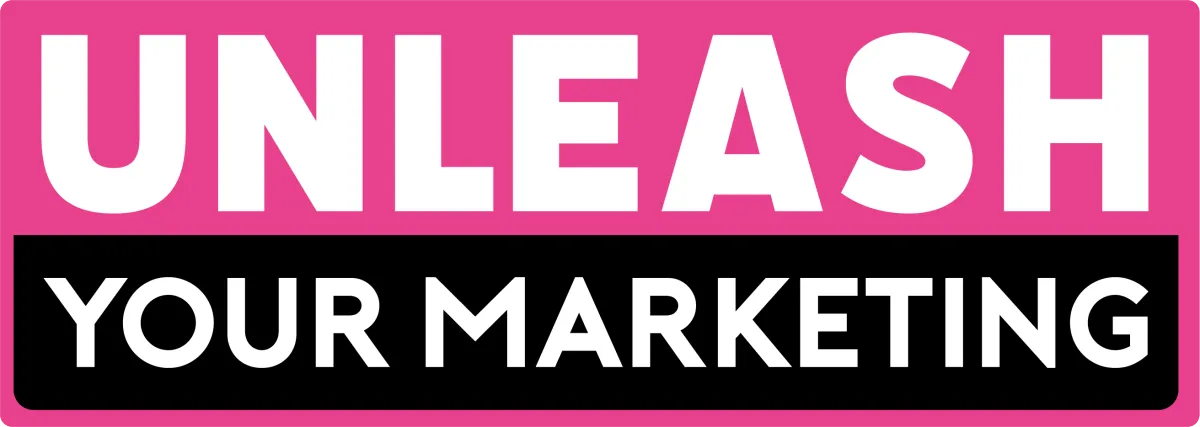
Marketing & AI Digest
Tips & Tricks to help you unleash the marketing in your business

The Good, The Bad, and The Deeply Disturbing Truth Every Family Needs to Know
Deepfakes are reshaping the internet and your child’s world. Discover the shocking truth behind deepfake technology, its impact on families, and what parents must do now to protect their kids.

You hear the voice.
It’s your child—frantic, scared, begging for help.
But something’s… off.
You call them back. They’re fine. They never made that call.
What you just experienced wasn’t a prank. It was a deepfake.
And this isn’t science fiction anymore. It’s our new reality.
Welcome to the frontier of AI—a place where reality bends, truth glitches, and your voice, your face, and your child’s identity can be copied, remixed, and misused in ways we’re only beginning to understand.
This post is not about fear. It’s about preparedness. It’s about being an informed digital parent in an era where what’s real isn’t always obvious.
We’re diving into it all:
The good. The bad. The deeply disturbing.
Because if you're not paying attention, you might already be behind.
What Are Deepfakes, Really?
At its core, a deepfake is a type of synthetic media created using artificial intelligence. It can clone a person’s voice, facial expressions, or movements to generate video or audio content that looks—sometimes eerily—real.
Deepfakes rely on powerful machine learning techniques, particularly something called generative adversarial networks (GANs). One neural network creates the fake. Another tries to detect it. The process repeats until the fake becomes nearly indistinguishable from the real.

Scary? Yeah. But also… kind of brilliant.
Let’s unpack the good before we unravel the mess.
The Good: Can Deepfakes Actually Help Us?
Surprisingly, yes.
Deepfake technology, when used ethically and with informed consent, holds real promise. Here are a few of the silver linings:

1. Entertainment & Film Innovation
Filmmakers are using deepfakes to de-age actors, resurrect historical figures, or re-shoot scenes without needing actors to be on set. Think of Carrie Fisher being digitally re-created for Star Wars after her passing. For creators, this means more freedom and lower costs.
2. Accessibility for the Disabled
There’s incredible work being done using AI-generated avatars and synthetic voices to help people who’ve lost the ability to speak or move. Imagine someone with ALS using a deepfake version of their own voice to communicate again. That’s not creepy—that’s revolutionary.
3. Education and Preservation
Deepfakes can bring history to life in ways textbooks never could. AI can simulate historical figures, recreate speeches, or let kids "talk" to digital Einstein about relativity.
These are not inherently evil tools. They’re just that—tools. It’s how we use them that matters.
The Bad: Deepfakes Are Being Weaponized
Unfortunately, the internet being what it is, you can guess what happened next.
Once the tech was out, the floodgates opened.
Deepfakes quickly became a weapon of deception, manipulation, and exploitation.
1. Scams That Hit Close to Home
There’s a chilling trend: cybercriminals using deepfaked voices of kids to scam parents out of thousands of dollars. They use public videos or social posts to mimic a child’s voice, call the parent in a panic, and claim they’re in trouble.
The panic is real. The voice is almost perfect. And by the time you realize it’s a fake, the money’s already gone.
2. Political Disinformation
Imagine seeing your country’s leader announce a war declaration… only to learn hours later it wasn’t real. Deepfakes are being used to sway elections, push propaganda, and manipulate public opinion.
Democracy, already fragile, now has another layer of chaos.
3. Reputation Destruction & Bullying
Teenagers are using deepfake apps to bully classmates—creating fake nudes, revenge content, or videos of kids saying things they never said.
The results? Devastating. Lives ruined. Trust broken. And the tools to do it are free and easy to use.
We’re living in an age where video proof no longer means truth.
The Ugly: Deepfakes and the Exploitation of Children
Here’s the part that keeps parents up at night.
Over 95% of all deepfakes online are non-consensual pornography—most targeting women and increasingly, teens. AI tools are being used to generate sexually explicit images of minors, often without them knowing. Just a photo from Instagram is enough.
Some of these images are created as jokes. Others are passed around in forums that no parent ever wants to see.
And yes—this is happening in schools. To girls as young as 12.
It’s not just illegal. It’s soul-shattering.
The Controversial: Deepfakes vs. AI Clones
Let’s clear something up—because there’s nuance here.
You’ve probably seen influencers or business owners proudly talking about their “AI clone.”
What’s the difference?
A deepfake is typically created without consent, to deceive, impersonate, or harm. It’s exploitative by nature.
An AI clone is created with full consent. Think of a business owner training an AI model to mimic their voice for customer service, or a teacher recording AI lessons in their style.
Same tech. Different ethics.
The line is razor-thin. And as this tech grows, expect more gray areas. A tool that helps someone teach more kids today could be used to scam parents tomorrow.
That’s why transparency and consent matter. A lot.
What Can Parents Do?
Here’s where we move from awareness to action.
This isn’t about living in fear. It’s about raising digitally literate kids who know what’s out there and how to handle it.

1. Start the Conversation Early
Don’t wait for high school. Talk about AI, online safety, and misinformation from age 7 and up. Use real-life examples (age-appropriate, of course).
Let them know: not everything on the internet is real, and being digitally smart is part of being safe.
2. Create a Family Code Word
Choose a secret code only your family knows. If someone calls in an emergency, they must say the code. If not—hang up. No shame. No hesitation.
3. Check Privacy Settings & Online Presence
Audit your family’s social media. Reduce public content, especially video and audio. Teach your kids to think before posting.
4. Empower, Don’t Shame
If your child gets caught in a deepfake situation—whether they were a victim or made one themselves—respond with calm. These moments need trust, not punishment.
The goal is to teach responsibility, not push it underground.
5. Use Detection Tools (and Your Gut)
Tools like Deepware Scanner or Hive AI can help identify deepfakes. But your best defense is critical thinking.
If a video triggers extreme emotion—fear, rage, shock—pause. Ask: Who made this? Why? Can I verify it elsewhere?
Teach your kids to pause, too. Especially when emotions run high.
The Bottom Line
Deepfakes aren’t coming. They’re here. And they’re not going away.
But here’s the truth most experts won’t say: technology isn’t the real threat. Complacency is.
Families that stay informed, ask questions, and talk openly about AI are already doing more than 90% of the world.
You don’t need to understand neural networks. You just need to show up in the conversation. Ask the questions. Make it normal to talk about what's real, what's fake, and how to know the difference.
Because in the age of AI, the most powerful thing we can raise is not just a smart kid.
It’s a critical thinker.
Want to protect your kids and teach them about AI safely?
Download our free [Family AI Starter Kit] — fun, interactive, and created for parents like you. Let’s build digital resilience, together.
For a small investment you can get access to Teach Your Family AI. Mini challenge. https://course.aikidscreative.com/

Contact us Today: +61 41 060 0653

Copyright © 2023 | Unleash Your Marketing | Service Agreement
* DISCLAIMER: This site is not a part of the Facebook™ website or Facebook™ Inc. Additionally, this site is not endorsed by Facebook™ in any way. Facebook™ is a trademark of Facebook™ Inc. There is no guarantee that growth will occur in 30 days. Results vary because of many factors, including the action taken by the person taking the challenge.
All testimonials are based on actual client results and are not promised. Your results fully depend on your action and dedication to implementing the tools provided to you during your Unleash Your Marketing experience | Prices are in USD | It is the customers responsibility to cancel within 7 days, or a full refund will not be given.
